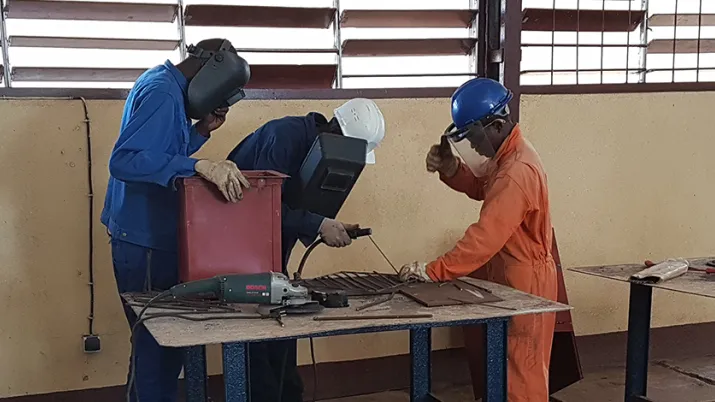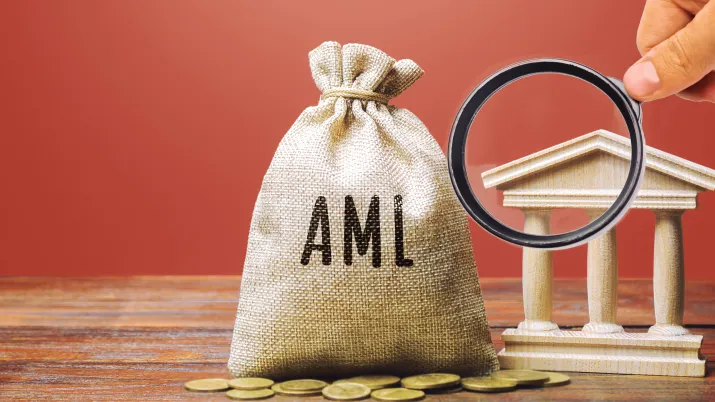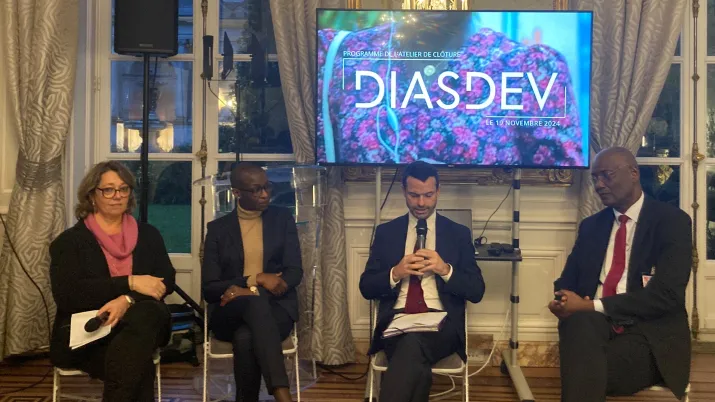Share the page
EFOR project – “Empowerment of Women and Rural Organisations in Tunisia”
Project
Published on
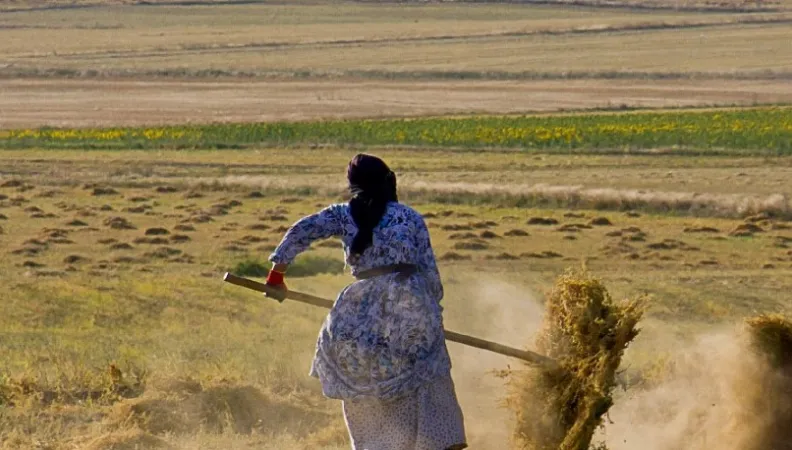
-
Project start date
-
Status
Ongoing
-
Project end date
-
-
Financing amount (Euro)
-
4.5m
-
Country and region
-
Tunisia, Africa

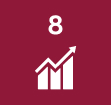
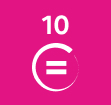

The “Empowerment of Women and Rural Organisations in Tunisia” (EFOR) project aims to strengthen gender equality in the agriculture sector.
Increasing gender equality in the agriculture sector through the EFOR project
The “Empowerment of Women and Rural Organisations in Tunisia” (EFOR) project aims to increase gender equality in the agriculture sector in Tunisia through multifaceted support to the dynamics for the economic empowerment of women farmers.
The activities target the governorates of Béja, Kasserine and Gafsa, three regions characterised by:
- High dependence on local agriculture
- Vulnerability to the effects of climate change
- High potential for economic and social transformation through the empowerment of rural women
The EFOR project will thereby work to improve the social status and incomes of women involved in women’s professional agricultural organisations, in the context of climate-resilient agriculture.
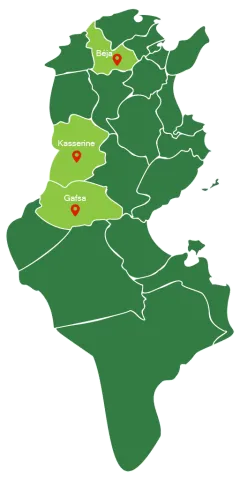
Three lines of action for greater impact
The EFOR project is based on three main lines of action, with each targeting a different level to maximise the overall impact of the project.
At the micro level: awareness-raising, social norms and community engagement
This first line of action aims to deconstruct the gender stereotypes that restrict women’s opportunities in rural areas. It includes a participatory assessment to identify local constraints, followed by the development of awareness-raising activities in partnership with local civil society organisations.
These activities to create safe spaces for socialisation and awareness-raising campaigns aim to change perceptions about women in rural areas, and integrate them more in local governance, while enhancing their status within communities.
At the meso level: Promotion of ecological, social and inclusive agriculture for women
This second line of action aims to strengthen women’s professional agricultural organisations by transforming them into sustainable income-generating structures.
In partnership with the Ministry of Agriculture, Water Resources and Fisheries, a comprehensive assessment is identifying the needs for training, equipment and organisational strengthening, with a focus on adaptation to climate change.
The project is providing ongoing support for the transition towards resilient farming practices and to facilitate access to local, national and international markets.
At the macro level: Capitalisation, public policies and institution building
The third line of action focuses on institution building and gender mainstreaming in agricultural development policies.
It aims to identify and meet the capacity building needs of the partner ministries on the issues of gender, climate change, monitoring-evaluation and leadership, while supporting the implementation of gender-responsive public policies.
A participatory, integrated, local and gender-responsive approach
The methodology used for the EFOR project is based on a participatory, integrated, local and gender-responsive approach, aimed at strengthening women’s empowerment in rural areas through multi-sectoral support and multi-level action: micro, meso and macro.
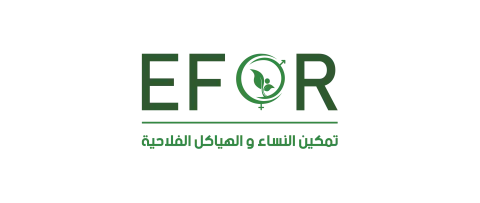
The Expertise France project team, in collaboration with the two partner ministries, is implementing the project based on a participatory and local approach, with a focus on gender mainstreaming.
This approach involves close coordination between the various project activities, capacity building for local and national stakeholders, and efforts to influence public policies to ensure lasting change.
A project that benefits women’s agricultural groups
The project is supporting recognised women’s agricultural groups that have a legal status.
The project also targets:
- Women leaders: members of these groups, some of them young university graduates. They have been identified as a driving force of the project. Many of them face challenges (lack of proficiency in certain activities, lack of expertise in certain areas, opposition) which can potentially sap their energy and ability both to develop economic activities and bring about social change
- Female members of women’s groups: they are supported as group members, farmers, household members and community members in the project area. It should be noted that in Béja, some groups are mainly (but not exclusively) women’s groups: it is advisable for men to be able to participate in some of the activities (in particular the awareness-raising activities)
- The farms on which these women work, and the members of their households
- The communities (villages, neighbourhoods) in which the groups are based
Under the project, Expertise France is also collaborating with civil society organisations working on equality issues in Tunisia.
Sustainable Development Goals
SDG5 - Gender equality
Achieve gender equality and empower all women and girls

SDG8 - Decent work and economic growth
Promote sustained, inclusive and sustainable economic growth, full and productive employment and decent work for all

SDG10 - Reduced inequalities
Reduce inequality within and among countries

SDG13 - Climate action
Take urgent action to combat climate change and its impacts

Our projects in Tunisia
EU Global Facility on Anti-Money Laundering and Countering the Financing of Terrorism (GF-AML/CFT)
Ongoing
2017 - 2026
Funders : European Union



